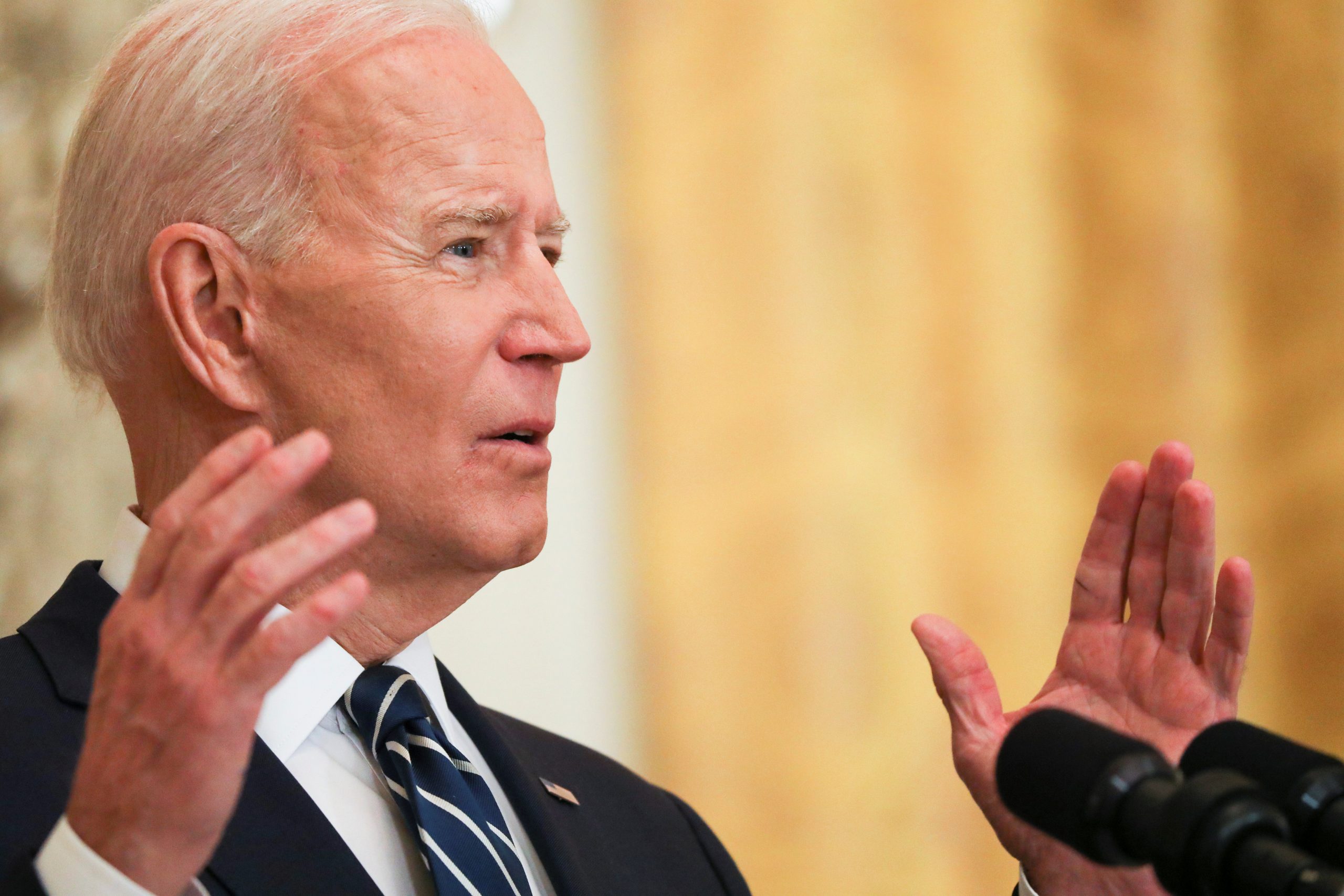All of that hard-fought effort to protect Americans from the coronavirus could possibly be fading away, according to the leaders of two companies who make the coronavirus vaccine.
Executives of both Pfizer and Moderna say that booster shots to remain protected against the virus are very likely to be needed, and that the first boosters could be needed this fall, according to Axios.
“The data that I see coming, they are supporting the notion that likely there will be a need for a booster somewhere between eight and 12 months,” Pfizer CEO Albert Bourla said.
A company statement echoed that finding, according to NBC.
“Until we see a reduction in SARS-CoV-2 circulation and COVID-19 disease, we think it is likely that a third dose, a boost of our vaccine, within 12 months after vaccine administration, will likely be needed to help provide protection,” the company said in a statement. “We are also prepared to update the vaccine quickly should variants emerge that escape current vaccine protection.”
In an email, Moderna CEO Stéphane Bancel had a similar message, according to Axios.
“I think as a country we should rather be two months too early, than two months too late with outbreaks in several places,” Bancel wrote, according to Axios.
“People at highest risks (elderly, healthcare workers) were vaccinated in December/January. So I would do [a] September start for those at highest risk.”
The current round of vaccinations began with the Trump administration’s Operation Warp Speed, during which the Moderna and Pfizer/BioNTech vaccines were developed and approved for emergency use. Developing a vaccine booster program would all be solely on the shoulders of the Biden administration.
On Wednesday, Dr. Anthony Fauci said Americans are likely to have another round of shots in their future, according to CNN.
“We know that the vaccine durability of the efficacy lasts at least six months, and likely considerably more, but I think we will almost certainly require a booster sometime within a year or so after getting the primary,” Fauci said.
He said he did not think boosters would be linked to any one variant of the virus that has emerged.
“Instead of having to play whack-a-mole with each individual variant and develop a booster that’s variant-specific, it is likely that you could just keep boosting against the wild type, and wind up getting a good enough response that you wouldn’t have to worry about the variants,” he said.
On Thursday, he told NBC something a little bit different.
“The bottom line is, we don’t know if or when we will need booster shots,” he said. “But it would be foolish not to prepare for the eventuality that we might need it.”
But some said talk of boosters might be all about the drug makers’ business plans.
“It’s not proven that we need boosters yet. Whereas it’s appropriate to plan for boosters, you’ve got to look at whether there’s a corporate agenda behind this,” said Cornell professor John Moore, a virologist, according to Axios.
“As of now, we don’t have any evidence that protective immunity has dropped to a troubling point, and certainly not for people immunized in December, January, February. It’s hard to say where we will be in November because right now it’s May.”
Immunity does not evaporate, but degrades over time. Even those who had their vaccinations as early as December aren’t yet in a position to be worried, Moore said, according to Axios.
“Personally, if I was in that situation, I wouldn’t be worrying about it — not yet. But I would want to see that data later in the year,” Moore said.
This article appeared originally on The Western Journal.
























